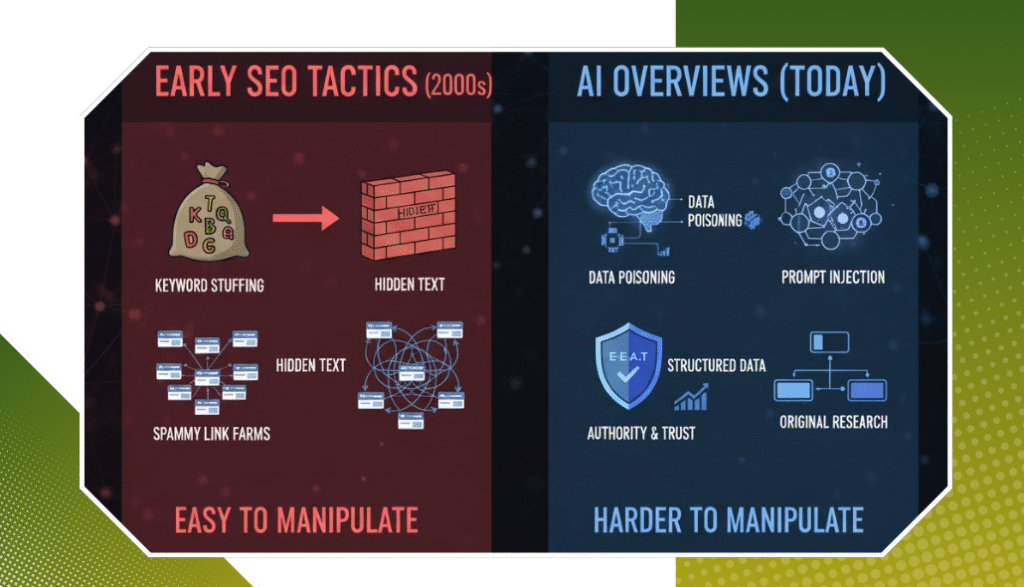The power of interactive content is that it engages and retains attention in a time of diminishing attention spans. When users invest effort into consuming content, they’ll remember your brand message more likely, spread the word to others, perform desired actions, and convert into buyers.
Studies indicate interactive content produces 2x more conversions than its static equivalent, and it is an effective tool for today’s marketers who need to increase engagement and drive outcomes.
Understanding Interactive Content
Interactive content converts passive readers into engaged participants by using multiple engaging formats. Let’s look at the most important types of interactive content and their distinct engagement mechanisms:
Quizzes and Assessments
Quizzes and tests are excellent ways to keep users involved through personal experiences and valuable information. Some of the reasons they accomplish this include:
- Personality tests establish a personal connection by providing personalised insight
- Knowledge tests test users as they learn about products or services
- Evaluation tools assist people in determining particular needs or solutions
Polls and Surveys
Surveys and polls are strong tools for collecting feedback and opinions from users. Here is how they work:
- Real-time voting systems arouse interest in other people’s views
- Quick-response formats promote spontaneous engagement
- Data visualisation of results satisfies users’ desire for immediate feedback
Interactive Infographics
Interactive infographics combine visual storytelling with user interactivity to convey complex information in an engaging way. Here’s what makes them effective:
- Clickable elements reveal layers of information at the user’s pace
- Animated data visualisations make complex information digestible
- User-controlled navigation creates a sense of discovery
Calculators and Tools
Calculators and tools provide practical value to users by helping them solve problems or make informed decisions. Here are some examples:
- ROI calculators provide personalised value propositions
- Configurators allow product customisation experiences
- Interactive pricing tools help users make informed decisions
Interactive Videos
Interactive videos take video content to the next level by including viewer choices and actions. Here’s how they enhance engagement:
- Choose-your-own-adventure formats create unique viewing experiences
- Clickable hotspots encourage active viewing behaviour
- Branching scenarios maintain viewer attention through personal choice
Each format serves distinct engagement purposes, from educational value to entertainment, while collecting valuable user data and preferences through natural interaction patterns.
Benefits of Using Interactive Content for Engagement and Conversion
Interactive content delivers remarkable results across multiple marketing metrics, transforming passive readers into active participants. Let’s explore the key advantages backed by data and real-world examples.
Enhanced Engagement Metrics
Recent studies reveal compelling statistics about interactive content’s impact on user engagement:
- Dwell Time: Interactive posts keep users engaged 4- 5x longer than static content
- Social Sharing: Interactive quizzes are shared 2x more often than traditional blog posts
- Return Visits: Websites featuring interactive elements see a 40% increase in repeat visitors
Data-Driven Marketing Insights
Interactive content creates a goldmine of actionable data:
- User Preferences: Polls and surveys reveal direct customer opinions
- Behaviour Patterns: Heat maps show how users interact with content
- Decision Points: Quiz responses highlight customer pain points and needs
Brands can leverage these insights to:
- Refine product development
- Personalise marketing messages
- Optimise content strategy
- Improve user experience
Creating Effective Interactive Content that Drives Results
Successful interactive content starts with deep audience understanding. Research shows that 91% of consumers prefer brands that provide personalised, relevant experiences. Here’s how to create interactive content that resonates with your audience:
Know Your Audience Inside Out
- Analyse demographic data, including age, location, and income levels
- Study behavioural patterns through website analytics and social media insights
- Conduct surveys to understand content preferences and pain points
- Track user journey touchpoints to identify engagement opportunities
Design Principles for Maximum Impact
- Keep it Simple: Design intuitive interfaces that don’t require extensive instructions
- Mobile Optimisation: Ensure seamless functionality across all devices
- Clear Value Proposition: Communicate benefits within the first few seconds
- Progressive Disclosure: Break complex interactions into manageable steps
Natural Integration Strategies
Interactive elements should blend naturally with your existing content ecosystem:
- Strategic Placement: Position interactive elements where users naturally pause or seek information
- Context Relevance: Match interactive content type to user intent at specific journey stages
- Visual Consistency: Maintain brand colours, fonts, and design elements
- Performance Testing: Regular A/B testing to optimise placement and timing
Measurement Metrics
Track these key performance indicators:
- Completion rates
- Time spent engaging
- Share rates
- Lead quality scores
- User feedback data
Creating effective interactive content requires constant refinement based on user behaviour and feedback. Regular analysis of these metrics helps optimise future content development and placement strategies.
Emerging Trends in Interactive Content for Enhanced Engagement and Conversion
The interactive content landscape continues to evolve, with groundbreaking technologies reshaping user experiences. Let’s explore three transformative trends revolutionising audience engagement:
Augmented Reality Experiences
AR technology creates immersive brand interactions that blur the lines between digital and physical worlds. Popular applications include:
- Virtual try-ons for fashion and cosmetics brands
- Interactive product demonstrations
- Location-based AR experiences
- 3d visualisation of furniture in real spaces
Real-world success: IKEA’s AR app allows customers to visualise furniture in their homes, resulting in a 35% increase in purchase confidence.
AI-Powered Personalisation
Artificial Intelligence transforms static content into dynamic, personalised experiences:
- Smart product recommendations
- Adaptive quiz pathways
- Real-time content customisation
- Behavioural prediction models
These AI-driven interactions create unique user journeys, with companies reporting up to 50% higher engagement rates compared to generic content.
Voice-Activated Interactions
Voice technology opens new channels for audience engagement:
- Interactive voice games
- Voice-activated surveys
- Audio-based customer service
- Voice-enabled product searches
Voiced ordering systems are utilised by brands such as Domino’s Pizza, with a 20% growth in conversion rates through voice-interaction.
These new technologies form stronger bonds with consumers by delivering personalised, immersive experiences. Companies using these technologies see remarkable increases in metrics of user engagement and conversion.
Conclusion
Interactive content is a powerful tool in today’s digital world. The data shows it all – doubled engagement rates, increased conversions, and deeper audience connections make interactive content a must-have strategy for modern marketers.
The future of interactive content is one of delivering rich experiences that engage and resonate with people, but also drive outcomes. Whether it is through AR experiences or AI-led personalisation, those brands that use these pioneering methods will be at the forefront of digital engagement.
Ready to transform your content strategy? Let an expert SEO team guide you through implementing effective interactive content solutions and help you create engaging experiences that turn your audience into loyal customers. Contact us at Rankingeek Marketing Agency today to start your journey toward enhanced digital engagement.




